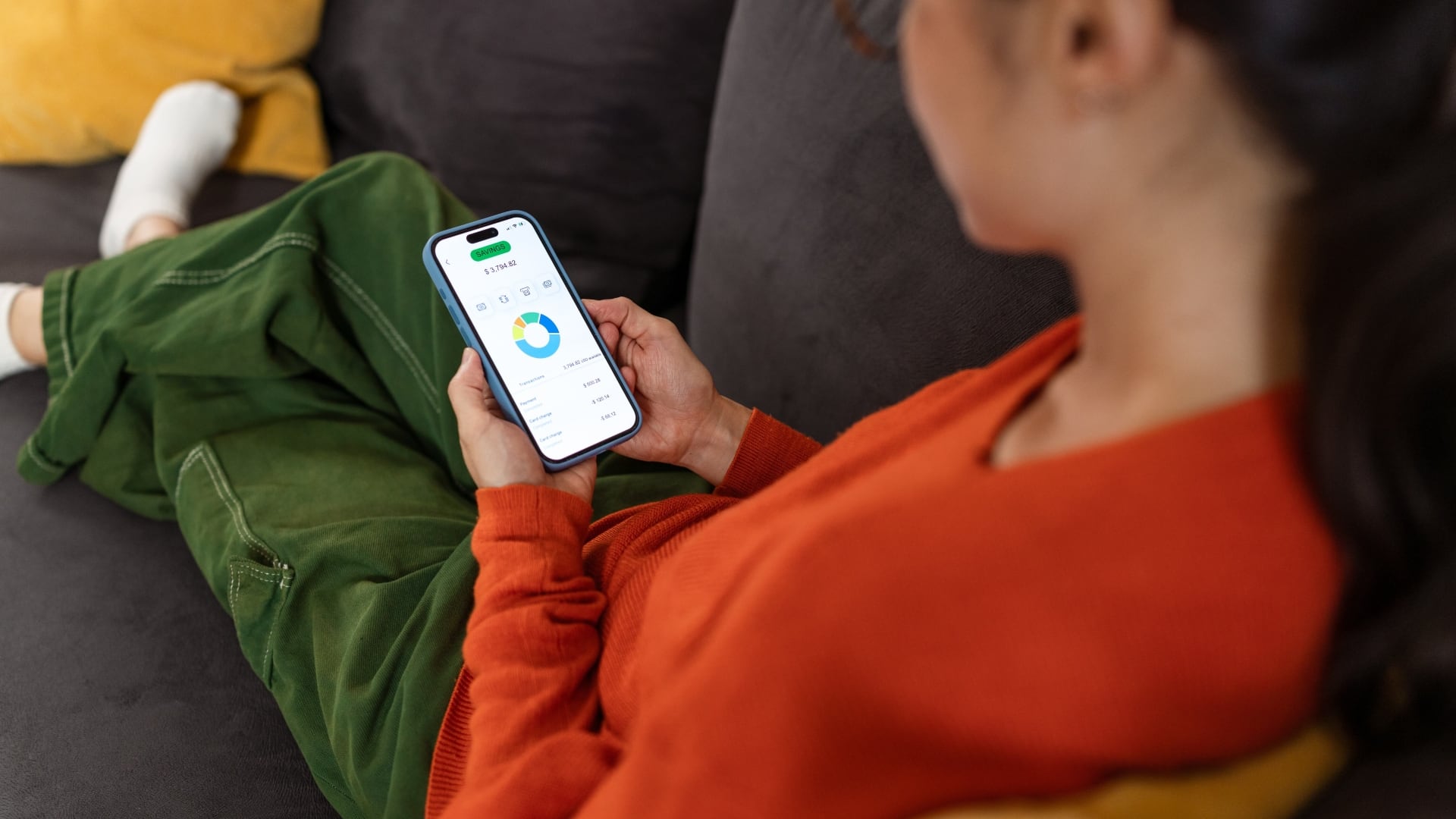Starbucks Canada is opening a new store this month in British Columbia outside Vancouver that was assembled in just six days using sustainable materials and near-zero construction waste.
"This is the new wave of construction technology," Gregor Robertson, former mayor of Vancouver and executive vice president of strategy at Nexii Building Solutions, told Cheddar. "Nexii manufactures our buildings off-site and then flat-packs them and ships them to the site and assembles them very rapidly."
On the surface at least, it looks like any old Starbucks drive-thru store, but beneath the familiar outer-shell is a new approach to commercial retail construction.
The building is LEED-certified — the international standard for green design — and built to reduce heating and cooling needs. According to Robertson, the Vancouver building represents a 20 percent reduction in "embodied carbon," which is the carbon embedded in the materials, and a 43 percent reduction in the "operating energy," which is the regular carbon footprint once it's up and running.
Robertson stressed that the stakes are high for coming up with new sustainable construction methods, given that buildings are responsible for just under 40 percent of global carbon emissions, according to the Canada Green Building Council.
"Buildings and construction are the number-one cause of the climate crisis," he said. "Our cities desperately need market solutions. That's why I got involved with Nexii when I finished my time as mayor."
Robertson said Nexii plans to extend this design approach to other types of buildings, including energy-intensive industrial facilities that use large amounts of steel and concrete.
He pushed back against the idea that green buildings are more expensive, and that quicker building-times and energy savings can make up the costs.
"Ultimately, we think we can produce more affordable buildings," he said.
The former mayor didn't shy away from calling for increased regulation in the space as well, including new rules for limiting embodied carbon in buildings.
"It's really about raising the standards in cities around the world," he said.












